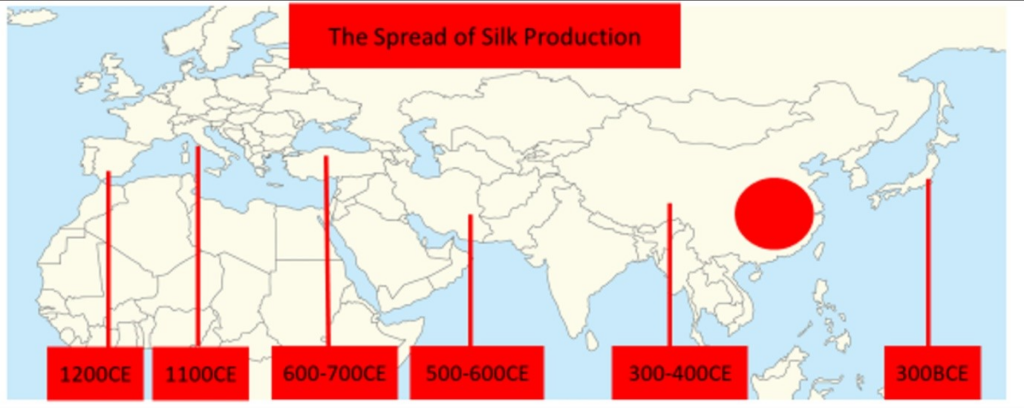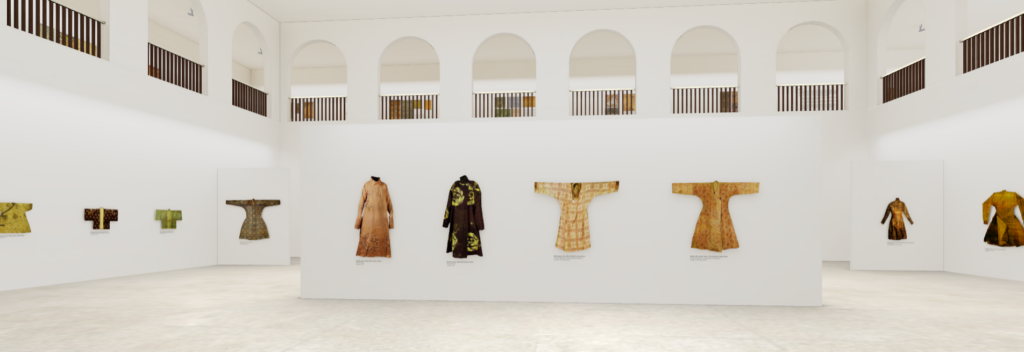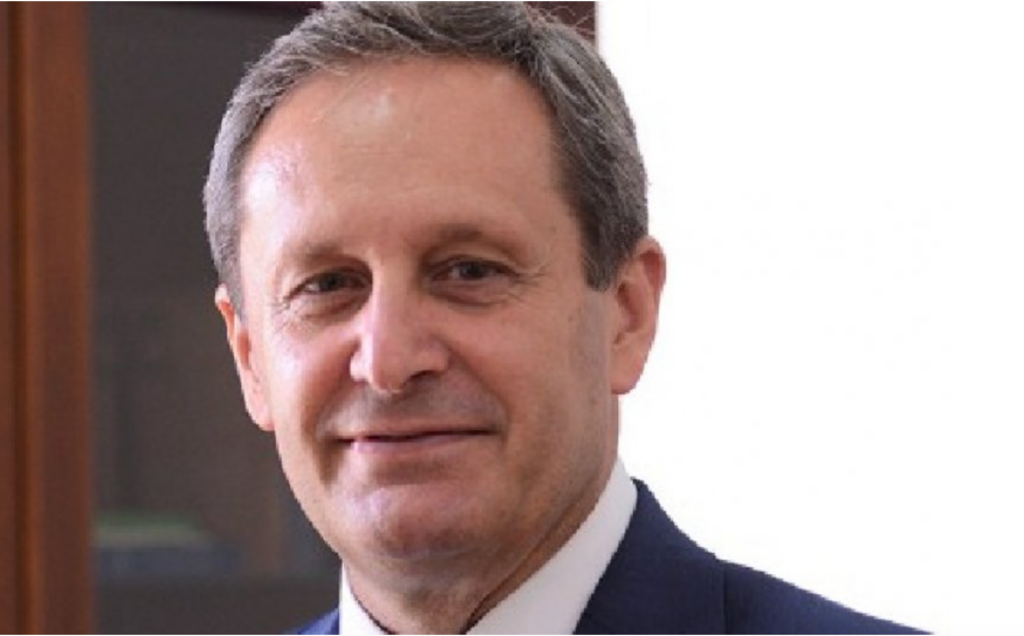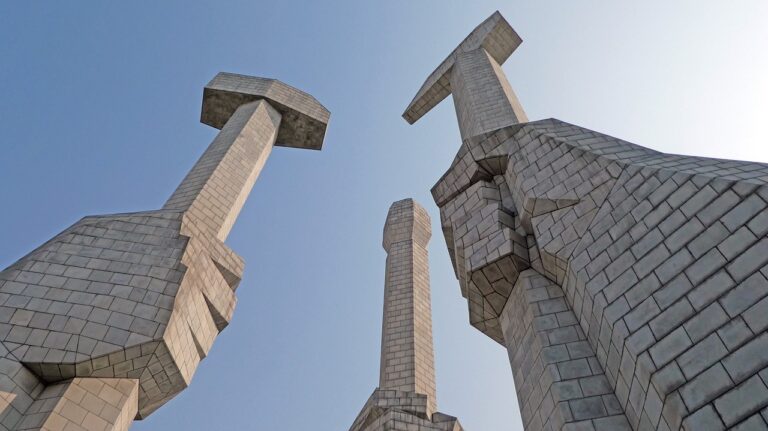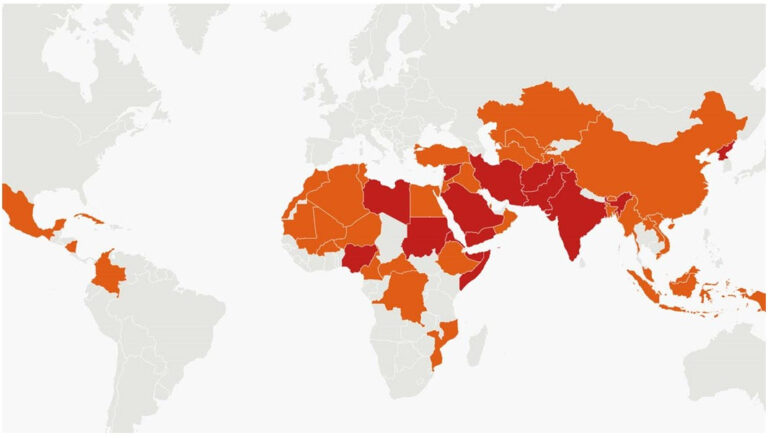(Part II)
By Willy Fautré, Human Rights Without Frontiers
HRWF (24.01.2024) – On Thursday 18 January, the UK proscribed the British branch of the Islamist movement Hizb ut-Tahrir al-Islami (Islamic Liberation Party) under the national Terrorism Act.
British Home Secretary James Cleverly who was the initiator of the parliamentary move then tweeted “I have made the decision to ban Hizb ut-Tahrir in the UK. Their promotion and encouragement of the abhorrent attacks perpetrated by Hamas goes against everything our country stands for. Belonging to and inviting support for this group will be a criminal offence.”
Noteworthy is that previous attempts to ban the movement under Tony Blair and David Cameron had been unsuccessful because the charges could not be legally and convincingly substantiated on the basis of their literature. Only Hizb ut-Tahrir’s public support of Hamas’ attack in Israel on 7 October last tipped the balance in the opposite direction as Hamas is proscribed as a terrorist organization in the UK and is under EU sanctions.
It is however not uninteresting to have a closer look at some complaints concerning Hizb ut-Tahrir filed with the European Court of Human Rights, the arguments developed by the conflicting parties and the decisions taken by the Court.
Nafik Ashirov and International Memorial v. Russia (application no. 25246/07)
On 14 February 2003, the Supreme Court of the Russian Federation declared 15 organizations, including Hizb ut-Tahrir and Al-Qaeda, to be terrorist organizations. Their activities were prohibited on the whole territory of Russia.
The Supreme Court then described the Islamic Liberation Party (“Hizb ut-Tahrir al-Islami”) as “an organization aiming to eliminate non-Islamic governments and establish Islamic rule on a global scale by re-establishing the ‘World Islamic Caliphate’, initially in regions with a predominantly Muslim population, including Russia and the CIS countries.
Main forms of activity: militant Islamist propaganda, combined with intolerance to other religions; active recruitment of supporters, purposeful work to split society (primarily propaganda with powerful financial reinforcement).”
About the context of the ban
This witch-hunt taking place less than a year and a half after the 9/11 terrorist attacks in the United States was then understandable to identify potential threats, prevent any terrorist attack as well as guarantee the public security of the Russian citizens and institutions.
Moreover, in the context of the two wars (the Chechen Wars) led by Russia against separatist movements in Chechnya, the 15 Islamic organizations were suspected of wanting to overthrow the existing constitutional system and create an “Islamic State” in the North Caucasus. To support its ban, the Russian Supreme Court even referred to a list of foreign terrorist organizations of the U.S. Department of State at that time, approved by the Congress after the 9/11 terrorist attacks of Al-Qaeda in the United States.
The plaintiffs
On 8 June 2007, a complaint was filed with the European Court of Human Rights by two plaintiffs.
Nafik Ashirov, the first applicant, was born in 1954 and was living in Moscow. He was an imam but he was not a member of Hizb ut-Tahrir. As the chairman of the Religious Board of Muslims of the Asian part of Russia, he prepared a report on Hizb ut-Tahrir’s literature. This was a request of a non-governmental organisation representing several members of Hizb ut-Tahrir in criminal proceedings which wanted to know whether the movement’s literature advocated an extremist version of Islam. The report stated that “the prosecution of Russian citizens on the sole basis of some statements about Hizb ut-Tahrir’s brochures and teachings was wrong and breached the right of Muslims to freedom of expression of religious beliefs. It was also wrong to characterise the religious beliefs of the followers of [Hizb ut-Tahrir] as extremist, let alone terrorist”.
The second applicant was the famous human rights organization “International Memorial,” which endorsed the report and published it on its website.
Memorial was founded during the fall of the Soviet Union to investigate the human rights violations and other crimes committed under Joseph Stalin’s rule. As of December 2021, Memorial encompassed over 50 organizations in Russia. After the Russian “Foreign Agent Law” was passed in July 2012, Memorial came under increasing government pressure. On 21 July 2014, the Memorial Human Rights Centre was declared a “foreign agent” by the Ministry of Justice. On 29 December 2021, the Moscow City Court liquidated the Memorial Human Rights Centre, referring to a decision of the Supreme Court of Russia on the previous day.
On the same day, the European Court of Human Rights applied an interim measure to halt the forced dissolution of Memorial. Despite this warning, the dissolution was confirmed by the Russian Court of Appeal on 5 April 2022.
In 2022, Memorial was awarded the Nobel Peace Prize along with Belarusian human rights activist Ales Bialiatski and the Ukrainian human rights organization Centre for Civil Liberties.
It is important to recall what is Memorial, as this prestigious organization took sides with Hizb ut-Tahrir.
The accusations
On 20 February 2006 a deputy Moscow City prosecutor issued a warning to Mr Ashirov, considering that his report “promoted the ideas of Hizb ut-Tahrir and provided a justification for its terrorist activities”.
On 26 February 2006 a similar warning was addressed to the executive director of International Memorial for publishing the materials of a banned terrorist organization on its website, thereby aiding and abetting its terrorist activities. He ordered the executive director of International Memorial to remove Mr Ashirov’s report from the website within three days. International Memorial did that immediately.
On appeal, the Zamoskvoretskiy District Court of Moscow found that the warnings had been lawful and justified.
The assessment of the European Court
The Court recognized that Hizb ut-Tahrir’s ideology was clearly contrary to the values of the European Convention of Human Rights but Mr Ashirov’s report was “not laudatory of Hizb ut-Tahrir” and “did not contain any direct or indirect calls for violence or a justification of violence, hatred or intolerance, let alone any calls to commit a terrorist offence, vindication or justification of terrorism.”
The Court noted that “the Supreme Court’s decision banning Hizb ut-Tahrir was taken in the absence of the public or representatives of the organisation, and the decision banning Hizb ut‑Tahrir was never officially published.”
The Court also considered that “by publishing Mr Ashirov’s report on its website and thereby drawing attention to a matter of public interest, International Memorial exercised its role of a public watchdog.”
In its ruling, the Court declared the complaint about the alleged violation of the right to freedom of expression admissible and held that there had been a violation of Article 10 of the Convention in respect of both applicants. Il also held that Russia was to pay 2500 EUR to each applicant, in respect of non‑pecuniary damage, and EUR 4,785 in respect of costs and expenses for the European Human Rights Advocacy Centre.
Last but not least, what is also shocking in this case is that, after the filing of the complaint in Strasbourg in 2007, the European Court of Human Rights took 16 years to come to a decision (!) It is only on 17 January 2023, in the context of Russia’s War on Ukraine and far away from the global geopolitical situation in the early 2000 years, that justice was finally but only theoretically done. This very delayed ruling is indeed equivalent to a denial of justice as a year ago it totally remained unnoticed and is unenforceable.
Hizb ut-Tahrir and Others v. Germany (application no. 31098/08)
In January 2003, the German Federal Ministry of the Interior issued a decision prohibiting Hizb ut-Tahrir’s activities in Germany, relying on the provisions of the Law on Associations. It also ordered Hizb ut-Tahrir’s assets to be confiscated. The Ministry considered that Hizb Ut-Tahrir was a foreign private association operating on an international scale and that there existed no sub-organization in Germany.
Germany’s arguments
According to the Federal Ministry of the Interior, the activities of Hizb ut-Tahrir were directed against the principle of peaceful settlement of international conflicts and the movement advocated the use of violence as a means to achieve its political goals.
Basing its decision on a number of their printed publications and leaflets as well as on their website, the Ministry concluded that it denied the State of Israel the right to exist and called for its destruction as well as for the killing of Jews.
In the Ministry’s view, Hizb ut-Tahrir was not to be considered a religious or philosophical community because it pursued political objectives, advocating an “active Jihad” targeting Islamic States and calling for the overthrow of their governments.
About the application
The application against Germany’s ruling was lodged with the European Court of Human Rights on 25 June 2008.
The first applicant, Hizb ut-Tahrir, was an unincorporated association which did not inform the Court of any registered address. The second applicant, Mr Shaker Hussein Assem, was an Austrian national living in Germany and the third to seventeenth applicants were members or supporters of the first applicant residing in Germany and Romania.
All 17 applicants complained about the ban imposed on Hizb ut-Tahrir’s activities and about the confiscation of its assets. They relied on Articles 6 (right to a fair trial), 9 (freedom of thought, conscience and religion), 10 (freedom of expression), 11 (freedom of assembly and association), 13 (right to an effective remedy) and 14 (prohibition of discrimination) of the European Convention on Human Rights and on Article 1 of Protocol No. 1 (protection of property) to the Convention.
The assessment of the European Court
In its ruling on 12 June 2012, the European Court observed that the German Federal Administrative Court had carefully analysed a substantial number of written public statements made by Hizb ut-Tahrir and its representative in the proceedings before the Court.
It found that Hizb ut-Tahrir called for the violent destruction of the State of Israel and for the banishment and killing of its inhabitants. In particular, its representative, Mr Assem, had repeatedly justified suicide attacks in which civilians were killed in Israel, and neither he nor Hizb ut-Tahrir had distanced themselves from that position during the proceedings before the Court.
In view of those statements, the Court considered that Hizb ut-Tahrir attempted to deflect the right to freedom of assembly and association under Article 11 from its real purpose by employing that right for ends which were clearly contrary to the values of the European Convention, notably the commitment to the peaceful settlement of international conflicts and to the sanctity of human life.
In conclusion, the Court held in particular that under Article 17 (prohibition of abuse of rights) of the European Convention on Human Rights, it was impossible to derive from the Convention a right to engage in an activity aimed at destroying any of the rights and freedoms set forth in the Convention. Hizb ut-Tahrir could therefore not rely on Article 11 (freedom of assembly and association) to complain about the ban on its activities.
For these reasons, the Court by a majority declared the application inadmissible.
Some concluding reflections
Hizb ut-Tahrir defends a political agenda that is incompatible with the values of the Universal Declaration of Human Rights and the European Convention of Human Rights. In the light of its literature, it is perceived as a potential threat by governments of Muslim-majority countries as well as democratic states although up to now it has not used violence to come to power anywhere but nobody knows how it could change in the future.
Russia, Germany and the United Kingdom have banned or proscribed Hizb ut-Tahrir on security concerns at the specific time of their respective decisions.
Russia in the aftermath of the large-scale 9/11 terrorist attacks starting in the United States and against the background of its wars against separatist forces in the Muslim majority territories of Northern Caucasus.
Germany because of the indelible memory of the Nazi Holocaust, the anti-Israel agenda and the perceived anti-Jewish genocidal intentions of Hizb ut-Tahrir, which might one day awaken the demons of its past.
The United Kingdom because of the rising tide of anti-Israel and anti-Jewish feelings which suddenly emerged in the massive demonstrations in favour of Hamas, as an alleged defender of the Palestinian cause despite its terrorist attack in Israel, against the backdrop of the war in Gaza Strip.
These three countries highlight the fact that nowadays Hizb ut-Tahrir groups do not pursue the same political purposes everywhere. In Russia, notorious human rights organizations like ‘Memorial’, Nobel Peace Prize in 2022, and others find them harmless in Russia and take sides with them when they are persecuted by Putin’s regime.
If Hizb ut-Tahrir activists or groups break the rule of law in Germany, the UK or any other EU country, they can be prosecuted and sentenced in fair trials for their illegal activities.
Is banning, proscribing or prohibiting Hizb ut-Tahrir enforceable and sufficiently efficient? Isn’t it counter-productive? Shouldn’t vigilance, prevention and prosecution, in accordance with the proportionality principle, be a more efficient way to move forward nowadays? Of course, tomorrow might not be the same as nowadays if a Hizb ut-Tahrir group somewhere is instrumentalized and financed by other forces…







